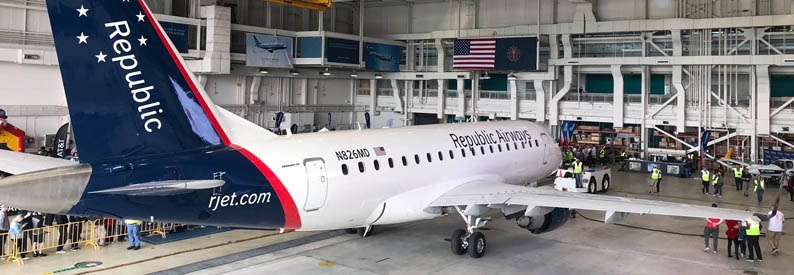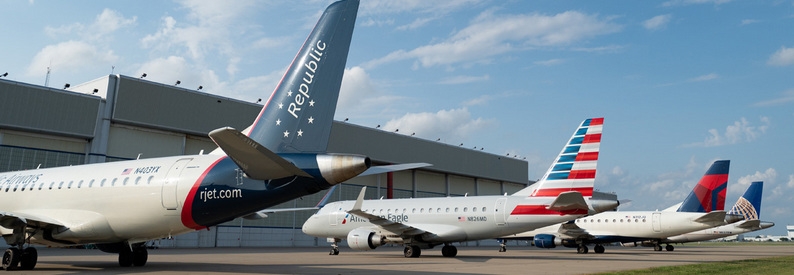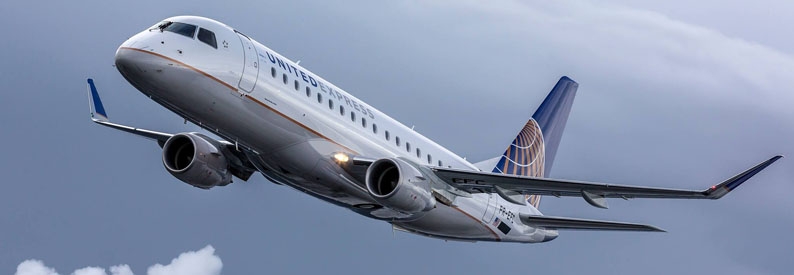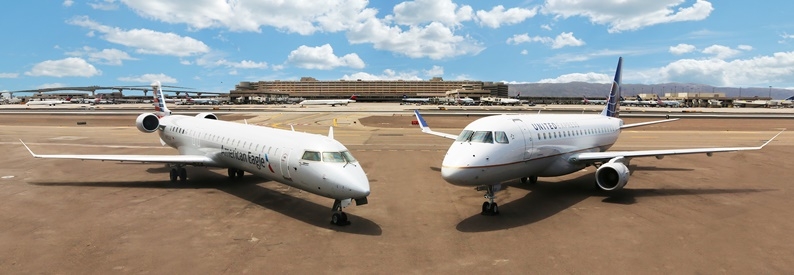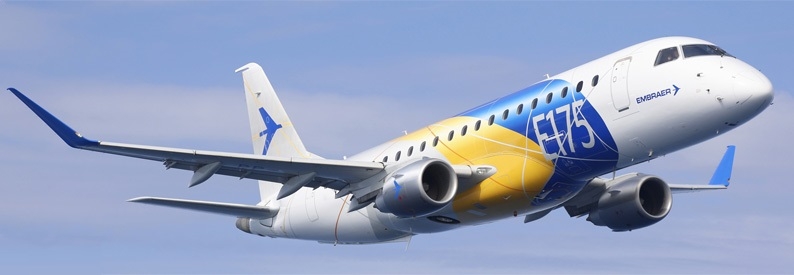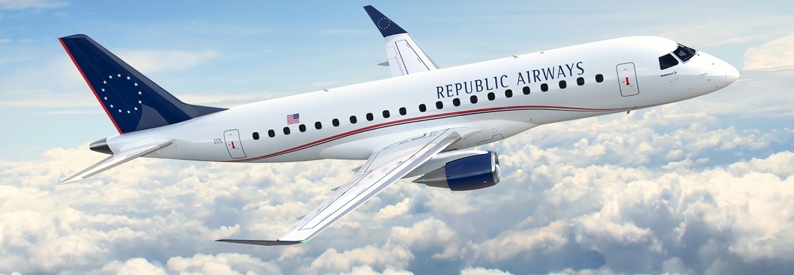The US Federal Aviation Administration (FAA) has denied a petition by Republic Airways (YX, Indianapolis International) to halve the required 1,500 flying hours of Part 121 airline pilots to tackle a pilot shortage crippling the US regional airline sector.
In a letter on April 14, 2022, Republic Airways Chief Operating Officer Paul Kinstedt petitioned the FAA for an exemption of a section (Part 61) of federal regulations that would allow graduates from the airline's wholly-owned subsidiary, Leadership in Flight Training Academy (LIFT), to apply for a Restricted Air Transport Pilot (R-ATP) certificate with only 750 flight hours – the same reduced aeronautical experience as military or former military pilots.
Republic Airways argued that its pilot training programme resembled and even surpassed US military training by providing comprehensive and structured training for civilian pilots. It stated that close alignment between LIFT and Republic Airways meant the two shared identical Standard Operating Procedures, with feedback and ongoing enhancements through programme assessments and data analysis. In addition, LIFT graduates who met the R-ATP certificate standard and failed no more than two check rides, entered a mentorship programme.
However, in a decision filed on September 19, FAA Acting Deputy Executive Director, Flight Standards Service, Caitlin E. Locke, found that the exemption sought by Republic Airways "would not be in the public interest or provide an equivalent level of safety".
"The FAA disagrees that the reduction of R-ATP flight hours will address a perceived pilot shortage, reduced commercial aviation services to small communities, or recruitment within diverse talent pools. The FAA maintains that a reduction of hours is an inappropriate vehicle to lower Part 61 pilot certification standards for these reasons.
"First, the FAA lacks statutory authority to regulate based on a perceived shortage of pilots. The FAA considers it to be of greater public interest to ensure and maintain the level of safety provided by the foundation of an integrated aviation education required by Part 61.160. Further, lowering pilot qualifications through the exemption process is not the proper vehicle to recruit talent from diverse communities," Locke said.
The FAA was also concerned that granting Republic Airways' request would set a precedent for other airlines.
The US requirement for 1,500 hours for Part 121 pilots is much higher than the entry-level in many other countries.
US Part 121 pilots used to need only 250 hours. The higher hours requirement was made law in 2010 following the 2009 Colgan Air (Boston) crash near Buffalo, New York, that killed 49 people onboard and one person on the ground. Investigators found the accident revealed a safety gap between major airlines and regional carriers. Amongst the concerns raised were that low-cost airline pilots were vulnerable to fatigue, long-distance commutes, and inadequate training.
Republic Airways Chief Executive Officer Bryan Bedford told the Washington Post that the FAA's decision was disappointing but no surprise. "Despite the rhetoric to the contrary, our proposal would enhance safety by providing students [with] a highly structured, mission-specific training approach," Bedford said. "It is disappointing that, when the nation is struggling to deliver reliable air service, the FAA has declined an opportunity to engage in a meaningful discussion on this topic or to approach it in a spirit of working together."
Republic Airways operates 228 Embraer (EMB, São José dos Campos U.E. Stumpf International) jets under the American Eagle, Delta Connection, and United Express brands on behalf of American Airlines, Delta Air Lines, and United Airlines, respectively, the ch-aviation Commercial Aviation Aircraft Data module shows.
According to the Regional Airline Association (RAA), 71% of the US has lost air service, with an average loss of one in five flights on thinner routes due to the current pilot shortage. The crisis is primarily impacting regional airlines as major carriers replenish their Covid-19 decimated pilot pools and trim flights operated by their regional airline partners.
- Type
- Base
- Aircraft

